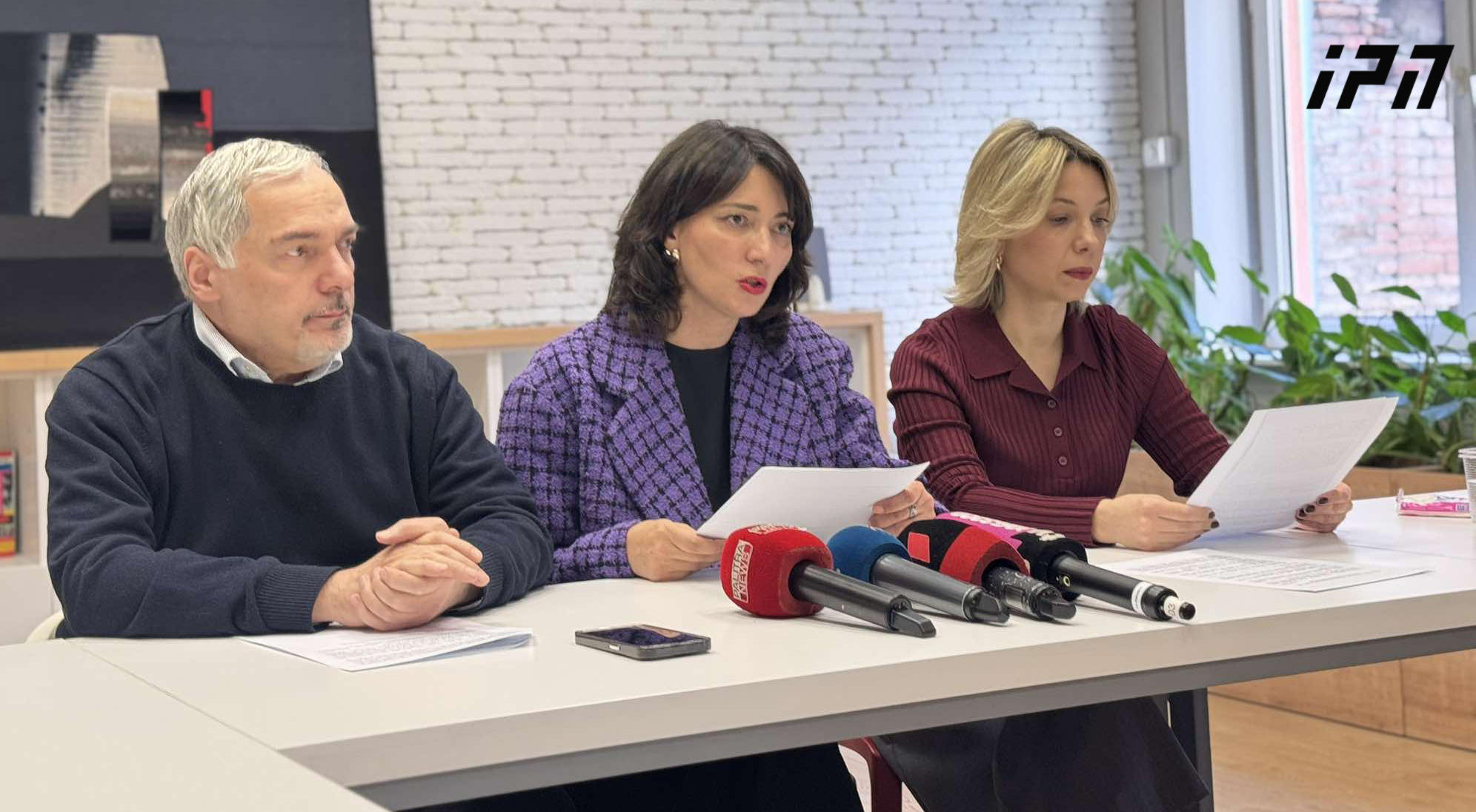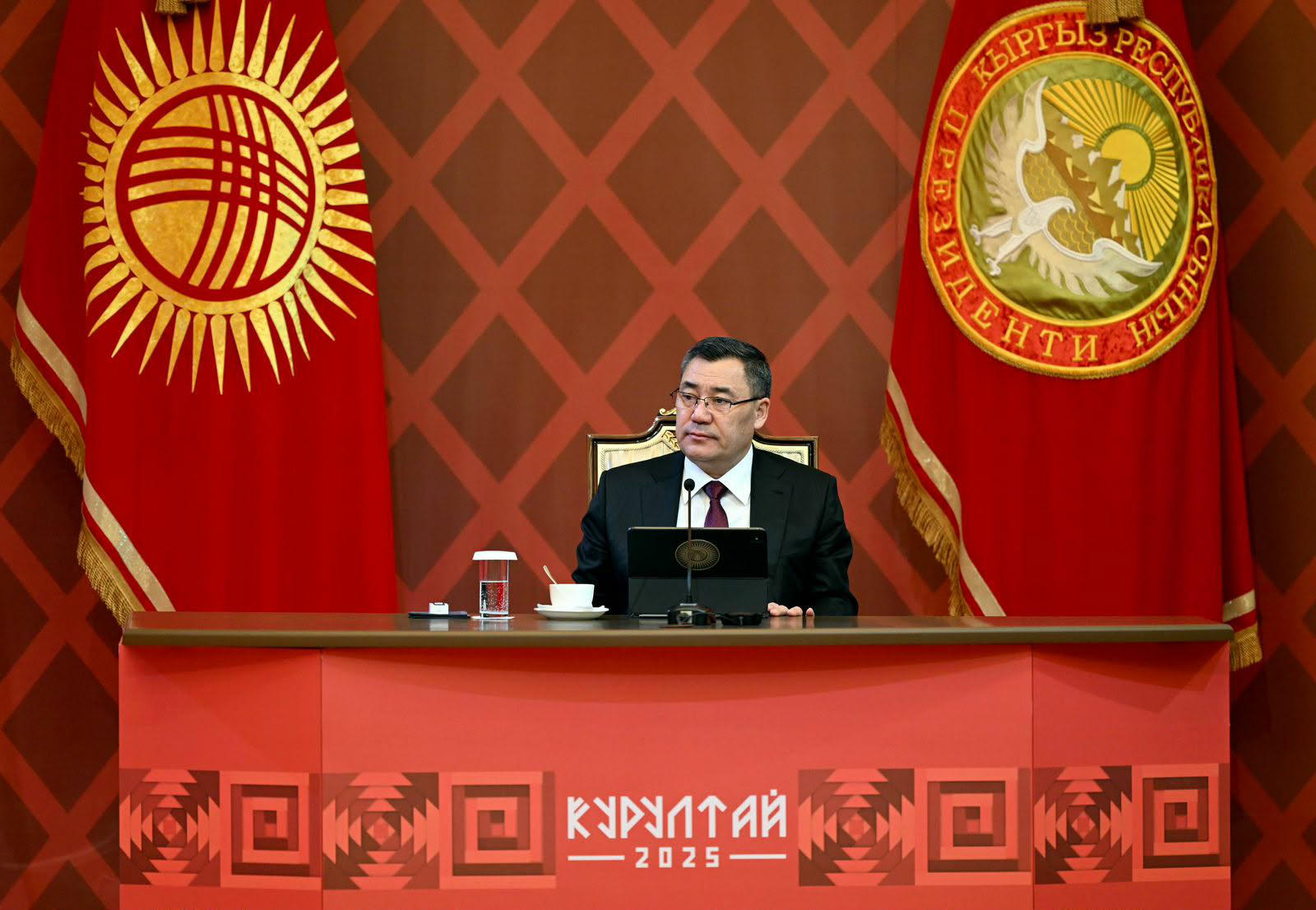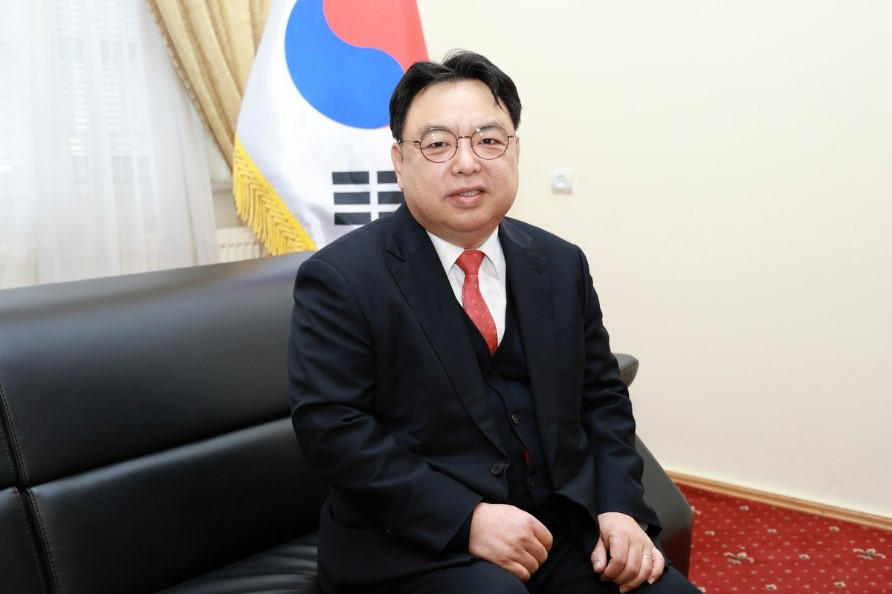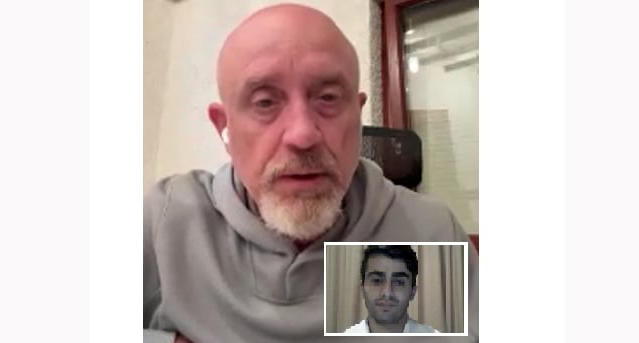NGOs: The case against Zviad Tsetskhladze, Irakli Miminoshvili, Vasil Kadzelashvili, Vepkhia Kasradze, Giorgi Gorgadze, Nikoloz Javakhishvili, Tornike Goshadze and Insaf Aliyev is “artificially made up and politically motivated

The main evidence of the alleged crime against 8 individuals accused of gang violence is audio/video material downloaded from social networks and internet portals - the legality of obtaining these materials is not proven, since there is neither a relevant court ruling nor even a prosecutor's decree in the case, - Eka Gigauri, Executive Director of Transparency International Georgia, Nino Lomjaria, Executive Director of the European Orbit of Georgia, and Sandro Baramidze, Human Rights and Justice Program Manager of Transparency International Georgia, said at the joint briefing.
According to them, "all this material is inadmissible evidence that cannot be used to convict a person."
As representatives of non-governmental organizations claim, the aforementioned cases are “artificially made up and politically motivated.”
“The case against 8 protesters – Zviad Tsetskhladze, Irakli Miminoshvili, Vasil Kadzelashvili, Vepkhia Kasradze, Giorgi Gorgadze, Nikoloz Javakhishvili, Tornike Goshadze and Insaf Aliyev – on the grounds of so-called “group violence” is artificially made up and politically motivated.
All of this is aimed at punishing the defendants for participating in civil protests, as well as intimidating the entire society – especially student groups and youth – in order to discourage them from participating in the protest movement.
Three of them - Zviad Tsetskhladze, Vepkhia Kasradze and Vasil Kadzelashvili - are accused of organizing or leading group violence, for which they face a sentence of 6 to 9 years in prison. The prosecutor's office accuses the remaining 5 defendants - Tornike Goshadze, Nikoloz Javakhishvili, Giorgi Gorgadze, Insaf Aliev and Irakli Miminoshvili - of participating in group violence, for which the sentence is 4 to 6 years in prison.
Based on the study of 14 volumes of criminal case materials, we have come to the conclusions that:
The case materials do not contain a set of mutually agreed, clear or convincing evidence that would prove the guilt of any of the defendants beyond a reasonable doubt;
The main evidence collected in the case - audiovisual material - was obtained in violation of criminal procedure legislation and constitutes inadmissible evidence that cannot serve as the basis for a guilty verdict;
The elements of the crime are not present, since there is no evidence at all that indicates the existence of one of the necessary elements of the crime - a pre-arranged, organized group;
There is also no other necessary evidence in the case that would indicate the commission of another crime by the defendants in the event of a change in the classification of the act.
The main evidence used is audio/video material downloaded from social networks and internet portals.
The legality of obtaining these materials as the main evidence of the crime allegedly committed by the 8 individuals accused of gang violence is not proven, because there is neither a relevant court ruling nor even a prosecutor's decree in the case. Their original source is unknown. Their authenticity has not been established. Accordingly, all of these materials are inadmissible evidence that cannot serve as the basis for a guilty verdict. There is no other evidence in the case that would expose the defendants.
There is no evidence in the case - neither witness testimony, nor audio-video recording, nor any written document that would prove that the defendants were previously connected to carry out group violent acts, that they had an organizer or leader who issued tasks and instructions that the group members carried out, that they had been aware of the goal of the organized group or the intention of the common criminal activity. Moreover, with one exception (the Kasradze-Kadzelashvili case), the defendants did not even know each other at all.
Therefore, there is no necessary element of the composition of “group violence” - an organized group that committed a crime in an organized manner by prior agreement, with a common intention.
We call on prosecutors, judges, MIA employees to refuse to carry out illegal tasks and protect the rights of citizens," representatives of non-governmental organizations said at the briefing.


